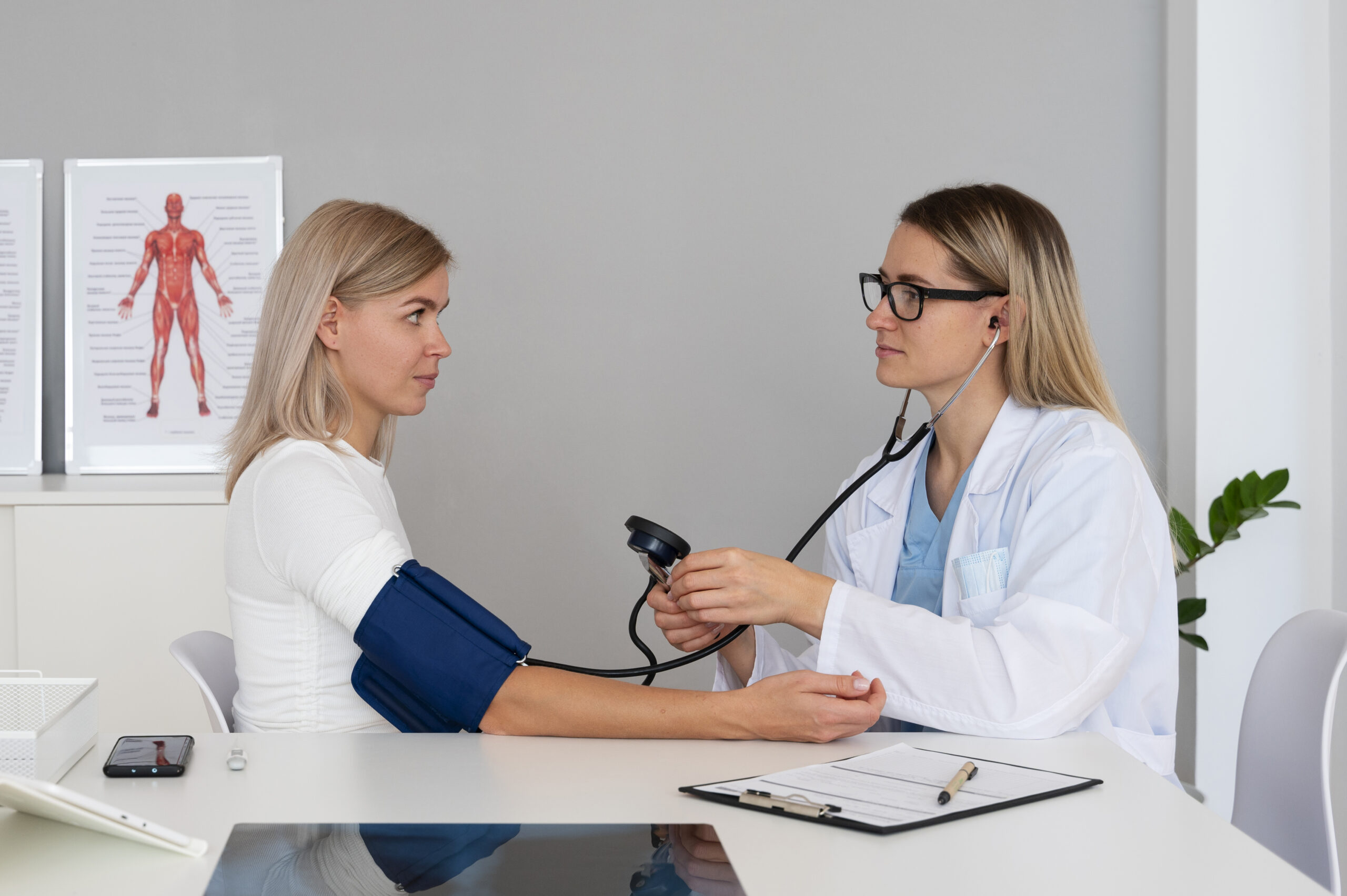Introduction
A whole body check is a complete health screening. It looks at your body’s main systems and organs. Many people call it a full body health screening or a comprehensive medical examination. This check helps find health problems early. Early detection can make treatment easier and more effective. According to the World Health Organization (WHO), regular health checks can help prevent serious diseases. So, a whole body check is important for staying healthy and catching problems before they get worse.
Key Benefits of a Whole Body Check
There are many reasons to get a whole body check. For example, it can help you:
In addition, a preventive health checkup can save you money in the long run. Treating a disease early often costs less than treating it later.
Common Tests Included in a Whole Body Check
Most whole body checks include several tests. However, the exact tests may vary by clinic or hospital. Here are some common tests you may expect:
Sometimes, doctors may add more tests based on your age, gender, or family history. For example, women may get breast exams, while men may get prostate checks.
How to Prepare for a Whole Body Check
Proper preparation can help you get accurate results. Here are some tips to follow before your comprehensive medical examination:
Additionally, let your doctor know if you are pregnant or have any special needs. This helps them plan your tests safely.
What to Expect During the Process
On the day of your full body health screening, you will check in at the clinic or hospital. First, a nurse or staff member will guide you through the process. Next, you may have your height, weight, and blood pressure measured. After that, you will give blood and urine samples. Then, you may have imaging tests like X-rays or ultrasounds. Some tests, such as ECGs, are quick and painless. Most people finish their whole body check in a few hours. However, the time may vary based on the number of tests.
Understanding Your Results
After your comprehensive medical examination, your doctor will review your results. Sometimes, you may get your results the same day. Other times, you may need to wait a few days. Your doctor will explain what the results mean. If any test shows a problem, your doctor will suggest the next steps. For example, you may need more tests or treatment. Always ask questions if you do not understand your results.
Tips for Maintaining Health After a Whole Body Check
Once you finish your whole body check, it is important to stay healthy. Here are some simple tips:
Also, schedule regular checkups as your doctor recommends. This helps you keep track of your health over time.
Frequently Asked Questions
Conclusion
A whole body check is a smart way to protect your health. It helps find problems early and gives you peace of mind. If you want to learn more, consult a healthcare specialist for personalized advice on whole body checks.

